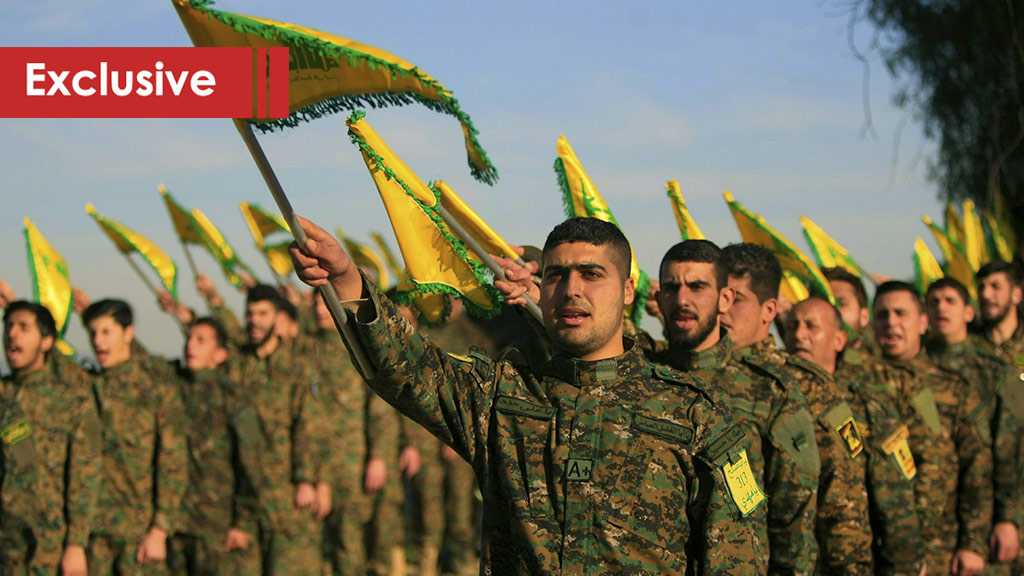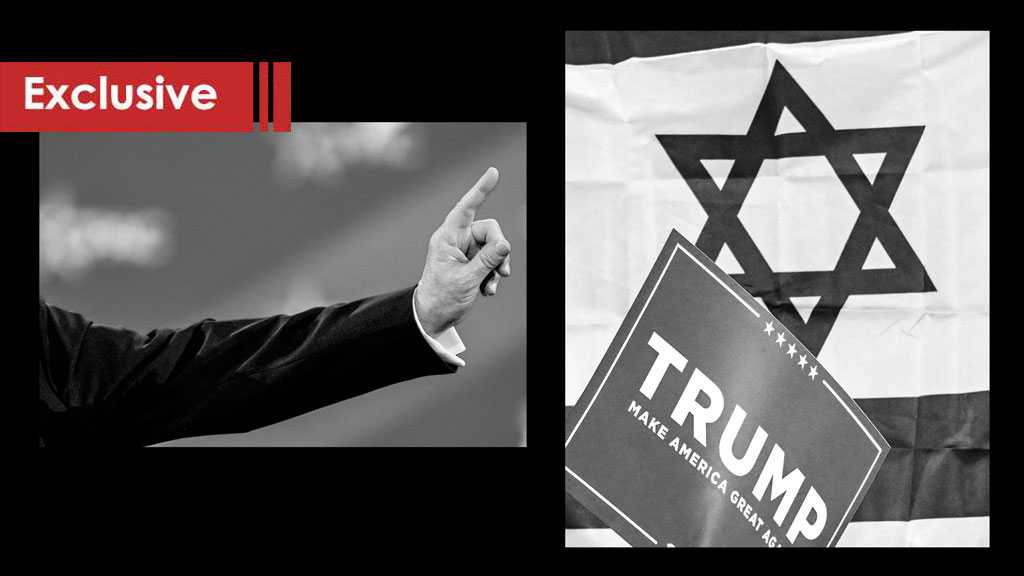«Israel» Is Not Ready to Face the 2019 Hezbollah: How and Why?

By Jihad Haidar
Beirut – 13 years ago, the leaders of the “Israeli” army vowed a decisive war against Hezbollah. They said it would be so clear and quick there would be no doubt as to who the victor is.
Years have passed since that promise as the enemy’s army continues to upgrade its readiness on land, sea and air. However, the enemy did not wage the war it prepared for even though its military capabilities doubled since the conflict in 2006.
So how can we combine "Israel’s" continuing military build-up for over a decade and the fact that it has not succeeded in being prepared for a conflict throughout this period? Should we believe that “Israel”, the regional superpower with its military and destructive capabilities, is not ready for a decisive confrontation with the forces of the Resistance. In what sense and why?
"Israel’s" abstention over the past years to launch a decisive war against Hezbollah confirms that it was convinced that it is not ready to carry out this task successfully. But what needs clarification is how this superpower that resolved wars with Arab armies and enjoys economic, military, technological, diplomatic and political support of world powers, including the US, it is not ready to go into a similar war with Hezbollah.
Historically, the concept of the “Israeli” army’s readiness was centered on having the appropriate offensive capabilities to achieve military decisiveness. Nowadays, however, another key factor has been introduced to this concept – to possess interceptor and defensive capabilities on its internal front. This is because the rival party has offensive capabilities that pose a threat to its strategic depth. It was only after the 2006 war that this concept crystalized, which shocked the political and military institutions. Subsequently, unprecedented capacity development workshops, based on lessons learned were launched.
On the other hand, in order to avoid confusion, it should be emphasized that “Israel” possessed and still possesses the full capacity to wage massive and destructive wars against Lebanon or elsewhere. There is no need to back this estimate with figures and data.
And here lays the complexity: how come "Israel" possesses all these capabilities but is not prepared to wage a decisive war against Hezbollah? The answer can be found in the criterion for judging readiness, which is measured by achieving the desirable objective of any confrontation with some amount of affordability in certain criteria. Thus, the talk about the lack of readiness of the enemy’s army should be determined in relation to what? Of course, this does not mean that it is incapable of destruction or to seriously harm Hezbollah's capabilities, or to launch special operations, capture operations and so on.
"Israel" lacks readiness because of its inability to militarily resolve a confrontation with Hezbollah and eliminate it and its capabilities at a reasonable and affordable cost. It is also unable to protect its internal front from destruction.
The leaders of the enemy began to discover this fact against the backdrop of the outcome of the 2006 war. Since then, “Israel” came up with its military buildup plans that included the Tefen plan during the term of Gabi Ashkenazi as Chief of Staff of the army, the Gideon plan, and now the Tnufa [Momentum] plan. All these plans are aimed at achieving the appropriate readiness that enables the army to secure "Israel’s" strategic objectives. But what has happened so far is that these plans revealed that the army has not achieved the required readiness.
This means that the political and security decision-makers in Tel Aviv are firmly convinced that despite the army’s enormous capabilities in all fields, it does not have the readiness to intercept Hezbollah rockets. They also do not trust the army's ability to deter Hezbollah from targeting the “Israeli” depth [in any large-scale confrontation]. And then there is the army’s lack of readiness at the level of offensive capabilities to eradicate Hezbollah’s strategic capabilities. Had the latter element been available, “Israel” would have dispensed with the need to develop its interceptor systems as long as the offensive capabilities would eliminate the supposed missile threat.
Of course, this “Israeli” failure to achieve what was hoped for among its leaders and public came only as a result of Hezbollah's surprises in building and developing its defensive and offensive readiness. More importantly, Hezbollah was able to convey the messages of readiness, planting it in the “Israeli” consciousness and calculations, which thwarted their hopes for any large-scale military adventures.
As such, the concept – the 2019 “Israel” may have been ready for the 2006 Hezbollah but not the 2019 Hezbollah – was crystallized.




